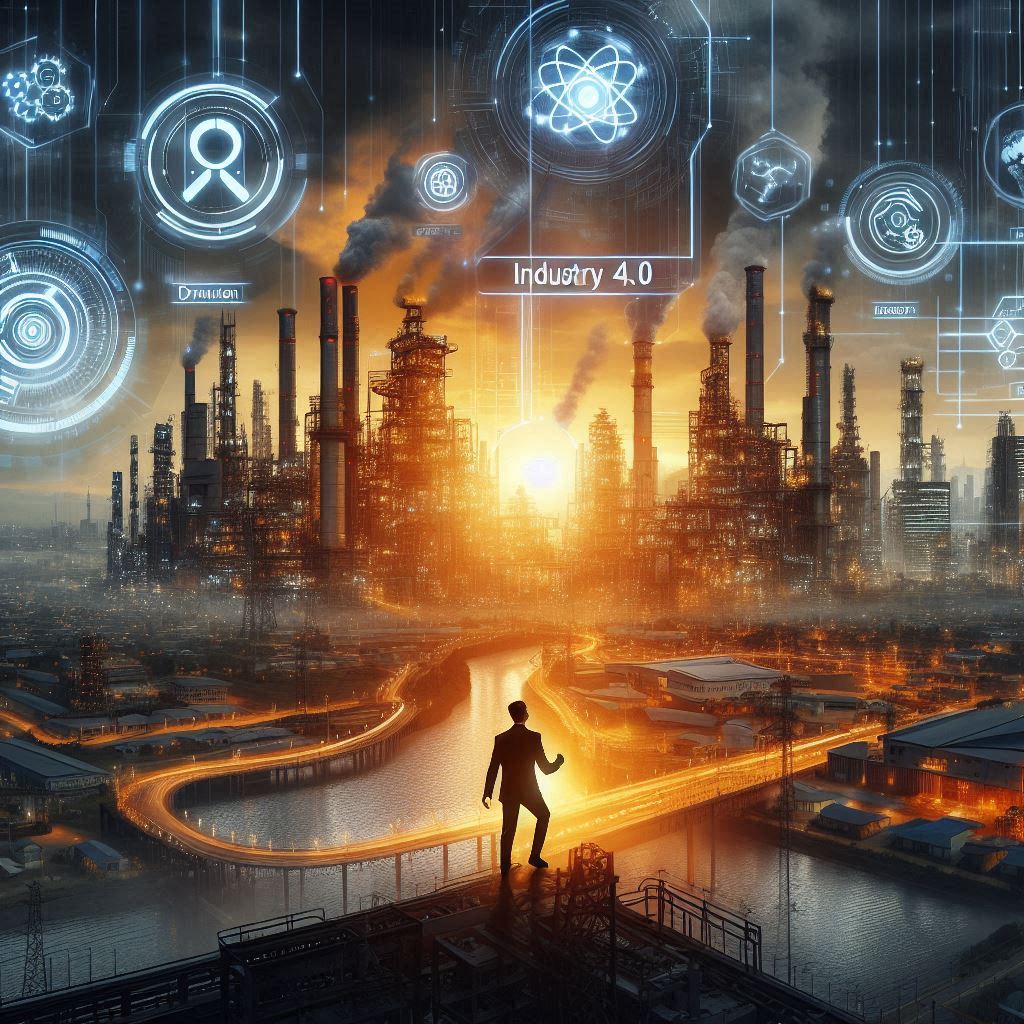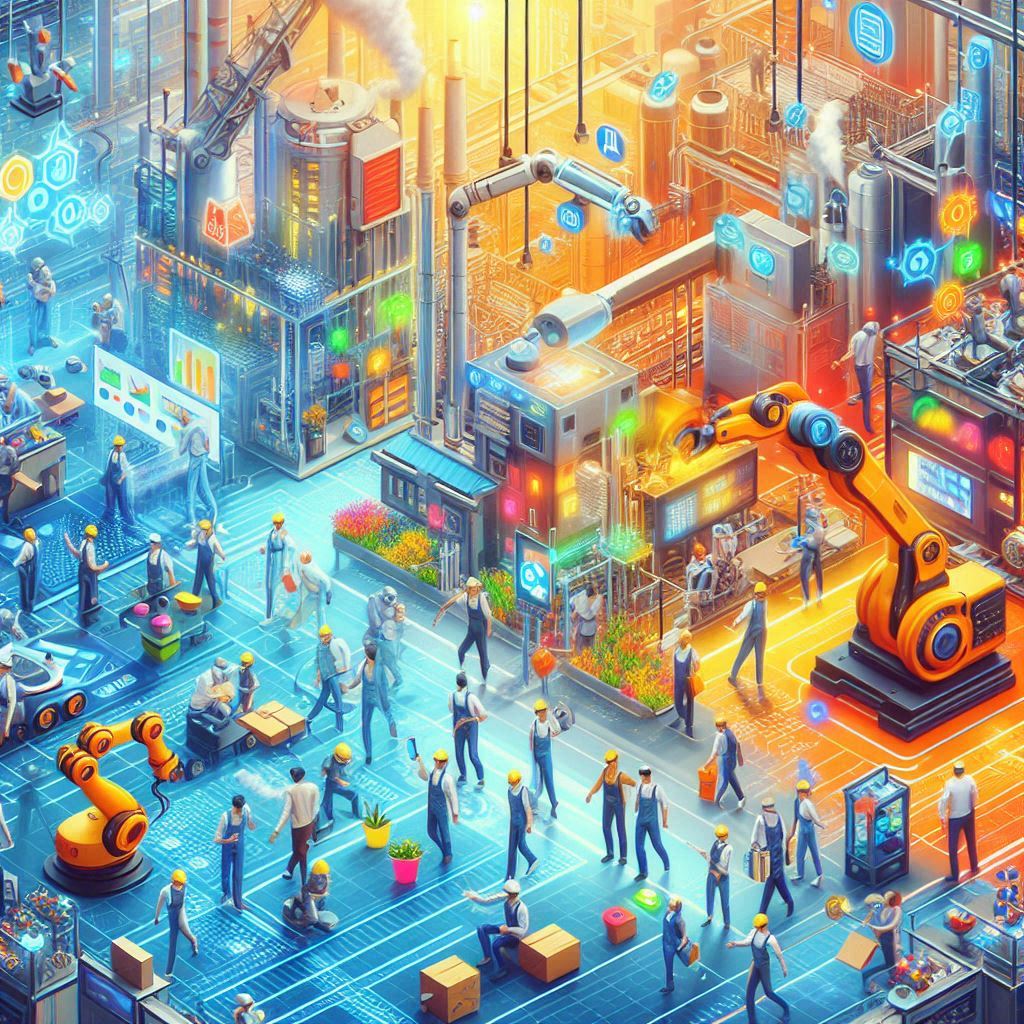
Blog: The Industry 4.0 Revolution
The world has witnessed transformative industrial revolutions that altered the course of human history. From the mechanization of manufacturing in the first revolution to the digital advancements of the third, these shifts have redefined how we live and work. Today, we are on the cusp of yet another groundbreaking revolution: Industry 4.0.
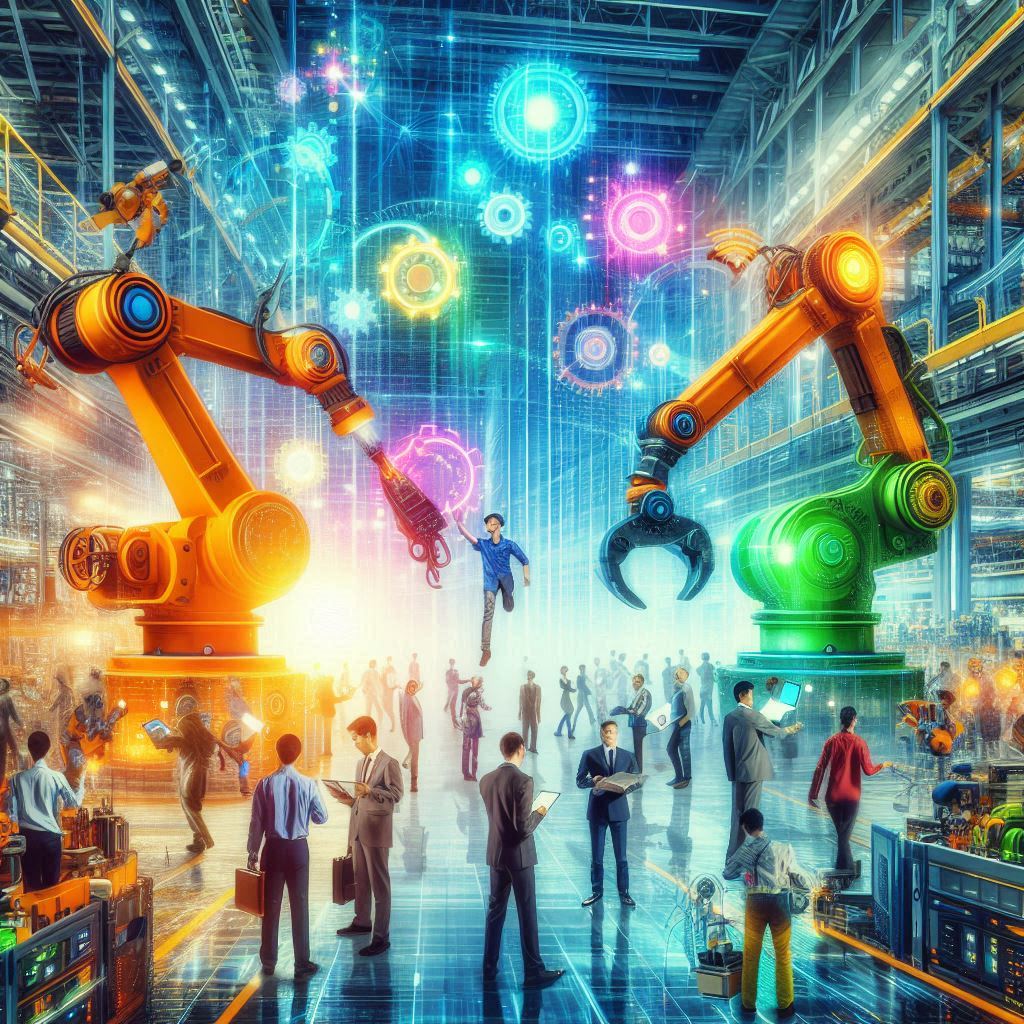
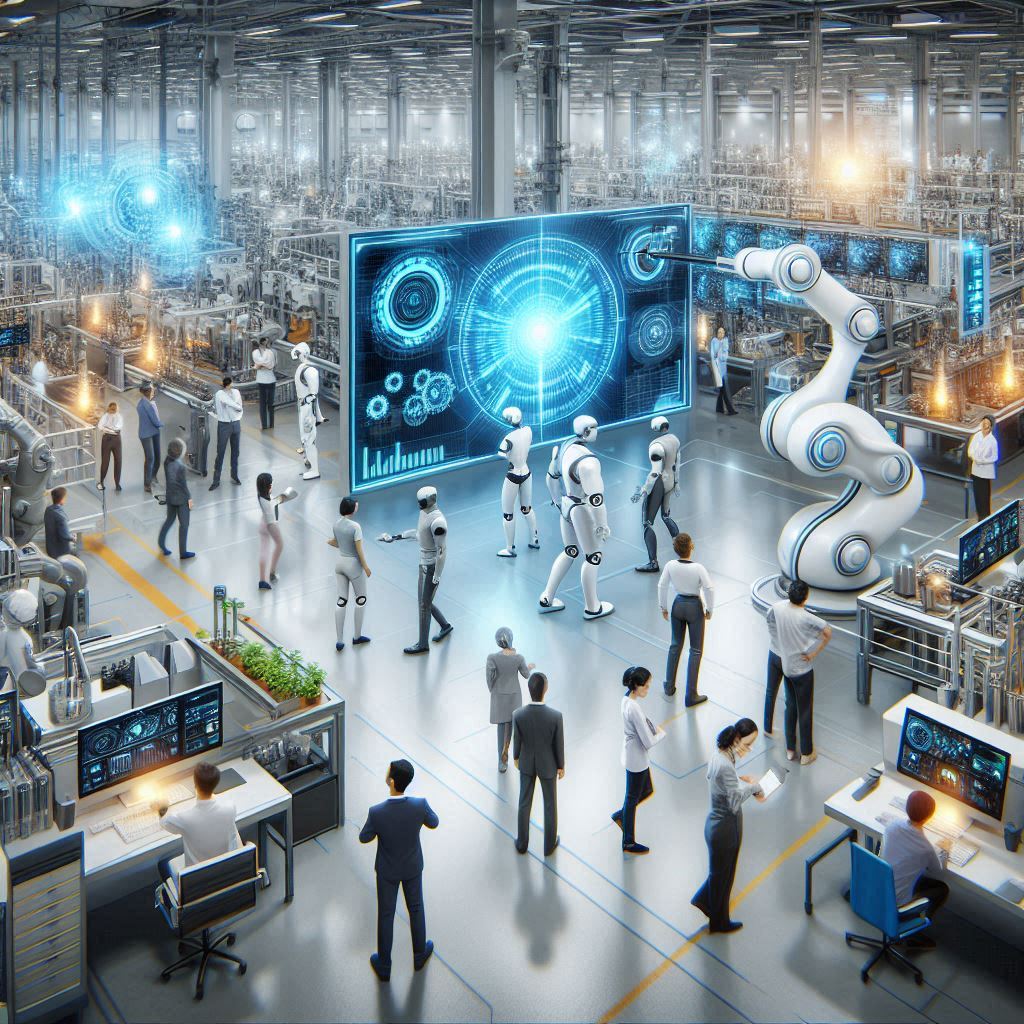
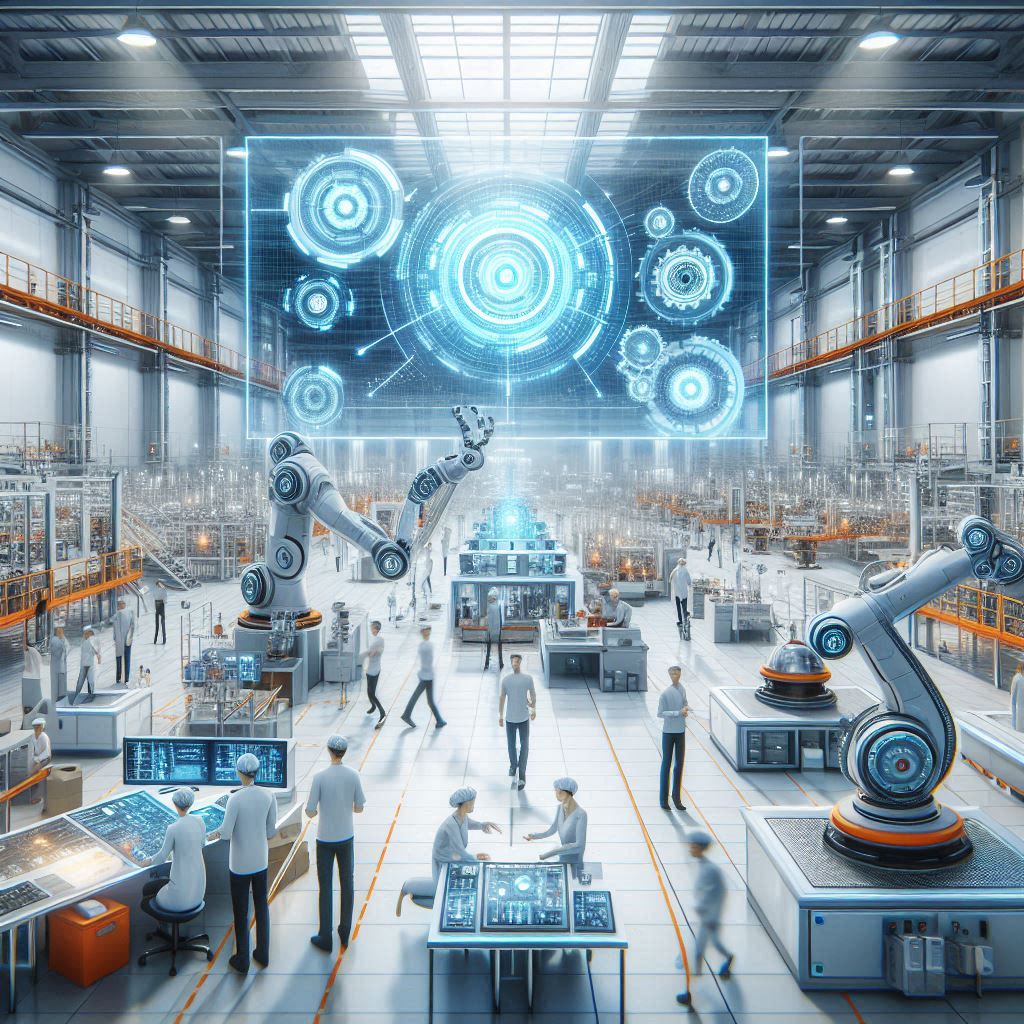
What is Industry 4.0? Often referred to as the Fourth Industrial Revolution, Industry 4.0 is characterized by the convergence of advanced technologies that blur the boundaries between physical, digital, and biological worlds. It involves the integration of Internet of Things (IoT), artificial intelligence (AI), machine learning, robotics, cloud computing, and more into industrial systems. The aim is to create smart, interconnected systems capable of autonomous decision-making and optimization.
Key Features and Benefits Industry 4.0 brings forth unprecedented opportunities. Smart factories are now powered by real-time data analytics and interconnected devices, leading to greater efficiency and reduced waste. The concept of predictive maintenance, driven by AI, ensures machines operate seamlessly with minimal downtime. Supply chains become smarter and more transparent, enabling better decision-making and fostering trust among partners and consumers.
On the social front, this revolution has the potential to elevate human lives by enhancing productivity, improving workplace safety, and fostering innovation that addresses global challenges, from sustainability to healthcare advancements.

Challenges As promising as Industry 4.0 is, it is not without its challenges. Cybersecurity risks intensify as industrial systems become more connected, requiring robust defenses against potential threats. The global workforce must adapt, with a significant emphasis on reskilling and education to keep pace with the shift toward automation and AI-driven systems.
Conclusion Industry 4.0 is more than an industrial upgrade—it's a paradigm shift that bridges technology with human creativity and collaboration. While there are hurdles to overcome, the potential to achieve sustainable growth, innovation, and a more connected world makes this revolution an exciting chapter in human history. As businesses and societies embrace these advancements, it’s essential to strive for an equitable future where the benefits of Industry 4.0 are shared universally.
